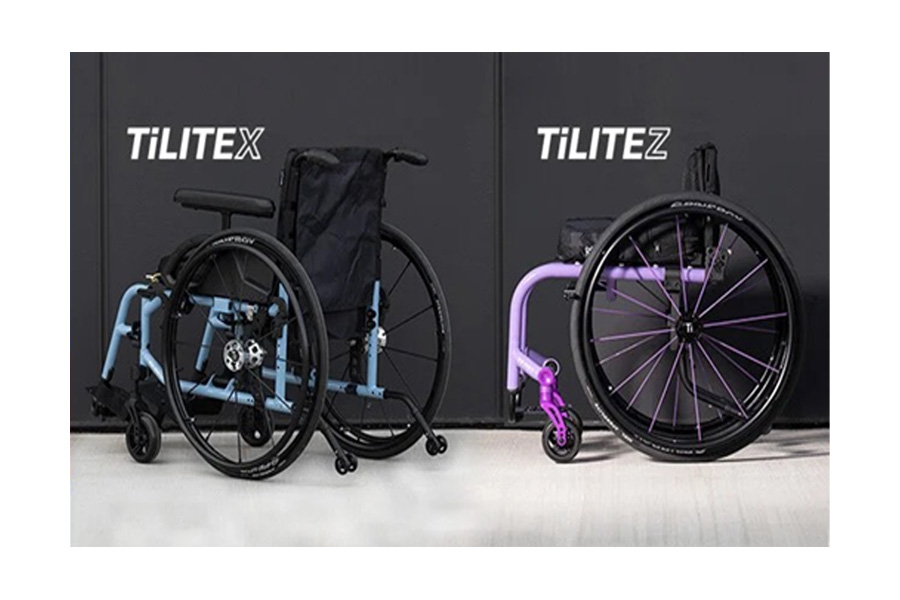For those of us living with a disability, traditional healthcare appointments can be time-consuming, physically exhausting, or inaccessible. Due to mobility issues or transportation barriers, traveling to an office is not always an option.
That’s where at-home medical testing and kits come in— reducing the need for in-person appointments, allowing flexible timing, supporting early detection and routine monitoring for chronic conditions and empowering self-advocacy and independence in healthcare decisions.
- COVID-19 and Respiratory Illness Tests
During the pandemic, at-home COVID-19 tests became essential. For people with disabilities, these kits reduced the risk of exposure in clinics or testing centers. The same applies to flu and RSV tests now available for home use.
Make sure to choose tests with large print instructions, video guides, or those compatible with screen readers.
- Urinary Tract Infection (UTI) Test Strips
Living with a spinal cord injury, or those with a neurogenic bladder, can mean frequent UTIs for those who use catheters. Home UTI tests allow users to screen for signs of infection early.
- Blood Pressure and Glucose Monitoring Kits
Blood pressure cuffs and glucose meters can be critical for those who need daily monitoring due to complex chronic conditions – diabetes, cardiovascular, or autonomic dysfunction. Look out for talking monitors or devices that sync with voice assistants or smartphones for easy tracking.
- Stool Sample Kits
Mail-in kits for colorectal cancer screening, gut microbiome analysis, or food sensitivity testing can help people who are unable to reach a lab. I just received an at-home kit from Cologuard (not sponsored), and look forward to being in the comfort of my home instead of a hospital room to complete this test.
- At-Home Genetic or Hormone Testing
Genetic tests can help people identify medication interactions, understand inherited conditions, or investigate hard-to-diagnose symptoms. Look for telehealth integration as some kits come with virtual consultation options for help interpreting results.
At-home medical tests and kits are more than a convenience—they’re a bridge to autonomy and better health outcomes for people with disabilities. By reducing the friction between daily life and healthcare, these tools offer individuals greater control over their health, reduce unnecessary travel, and enhance dignity in care. If you’re considering using at-home tests, talk with your healthcare provider or disability advocate to find the best options tailored to your needs.
Best In Health,
Aaron Baker









 I have a trip coming up and I am having trouble envisioning how I can safely and hygienically self-catheterize in a typical men’s restroom stall.
I have a trip coming up and I am having trouble envisioning how I can safely and hygienically self-catheterize in a typical men’s restroom stall.






